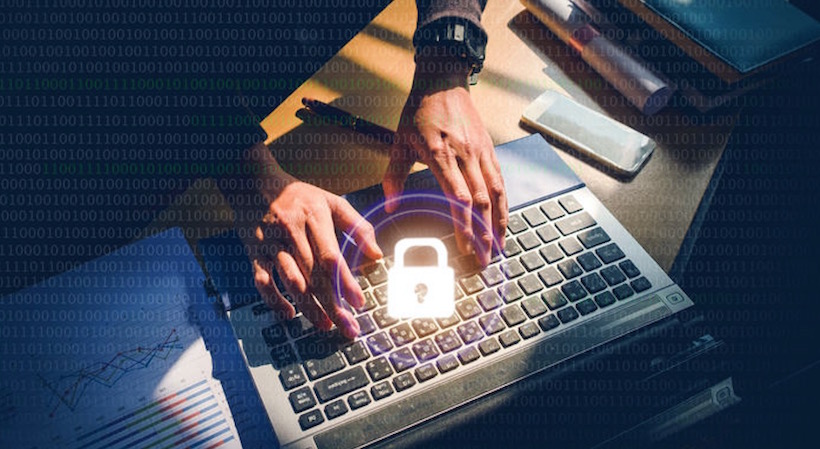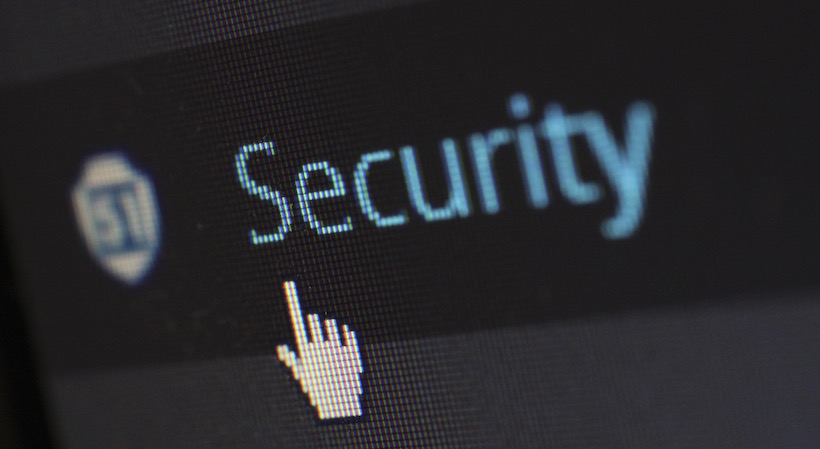When launching a startup, you’re likely to be mainly focused on building out your product or service and taking it to market. But no matter what stage your business is in, you can’t afford to overlook cybersecurity.
Unfortunately, many small business owners do just that. According to a CNBC survey, only 5% of business owners consider cybersecurity to be their biggest risk. Yet research indicates that 52% of SMBs experienced a data breach in 2021, with an average cost of $2.98 million.
For many startups, a major data breach could be enough to sink the company entirely. Even for those with little cybersecurity knowledge, developing an actionable plan is essential for protecting your business’s future.
1. Understand your protection what’s and why’s
The first step to developing an effective cybersecurity plan is to understand what you need to protect, and why you need to protect it. It may be helpful to make a list of your startup’s most important assets, such as employee or customer data, intellectual property and so forth. You should also document where these assets are being stored, such as a cloud system or in individual laptops.
Next, look at that data in the context of your company’s short- and long-term objectives, as well as who your customers are. This can help you understand specific risks to your business, such as what an attacker could gain from a successful cybersecurity attack. A comprehensive evaluation of your current and future risks will help you better prioritize cybersecurity and take crucial next steps.
Level Up Your Digital Skills: Free This Week with Verizon Small Business
2. Implement relevant cybersecurity software
Cybersecurity software is no longer optional — it’s essential for protecting your startup and its assets. Comprehensive antivirus, firewall and anti-spam tools that are regularly updated to address new threats serve as an essential starting point.
As soon as you launch a website, you must also ensure it’s regularly updated, implementing bug fixes and security patches as soon as they are released. The use of a SSL certificate provides further protection by ensuring that all data transmitted to or from your website is properly encrypted.
3. Create a cybersecurity-conscious culture
Even with quality protection in place, your efforts could fail if your employees don’t prioritize cybersecurity. According to research from Tessian and Stanford professor Jeff Hancock, 85% of data breaches result from human error. In fact, 43% of employees admitted to making a mistake that compromised their company’s security.
Because of this, your startup must create a culture of cybersecurity that trains employees how to avoid phishing scams and other common tricks that can compromise your data.
In the age of remote work, your employees must even be mindful of how they access company info when out of the office. In an interview with FOX San Diego, Rick Jordan, founder and CEO of ReachOut Technology offered this advice:
“Everyone wants to go into Starbucks or wherever they’re at and jump on the wi-fi because it’s free. But so many carriers have unlimited plans now…just use your data plan! Because everything that goes over that wi-fi is completely unsecured. You want to just use what you’ve got on your phone already.”
Sign Up for The Start: A Newsletter Built for Entrepreneurs
4. Establish data backups
As part of your cybersecurity framework, you should establish secure backups of your data. This could include automatically backing up files for company projects in the cloud, and keeping sensitive data backed up on local equipment that has additional layers of protection or separation from your primary servers.
Regular data backups will allow you to restore information that is lost because of a security breach or other incidents, such as hardware failure, human error or even a natural disaster. Data backups will minimize downtime after something happens.
5. Purchase cybersecurity insurance
As part of your cybersecurity plan, you should consider purchasing cybersecurity insurance. Just like any other type of business-related insurance product, cyber insurance offers much-needed financial protection so a single incident doesn’t destroy your business.
In a StartupNation interview, Melissa Selke of Kapnick Insurance offers this example of how insurance can help after a ransomware attack:
“The insurance pays for the legal guidance. It pays for the notifications. It lets you set up credit monitoring for those people so that they can watch their credit for the next couple of years, it pays for public relations because you’re going to have a reputation to defend. You’re probably going to lose a contractor too after the breach and the insurance pays for that as well. It’s called reputational loss. Most importantly, it’s going to pay for your revenue loss. So while you’re shut down, you’re going to have this revenue stream coming in from your insurance.”
Cyber insurance should be viewed as an investment that provides a necessary “failsafe” if your security measures fail.
Protect your data, protect your business
These days, your business is more technology-dependent than ever. Your data — and your customers’ — can be an enticing prize for hackers that would use it for nefarious purposes.
Investing in cybersecurity allows you to protect your business from such attacks so that your startup doesn’t get derailed by bad actors. By constructing a plan that helps you build a culture where cybersecurity is truly prioritized, you can ensure that technology is a true asset, not a risk.






